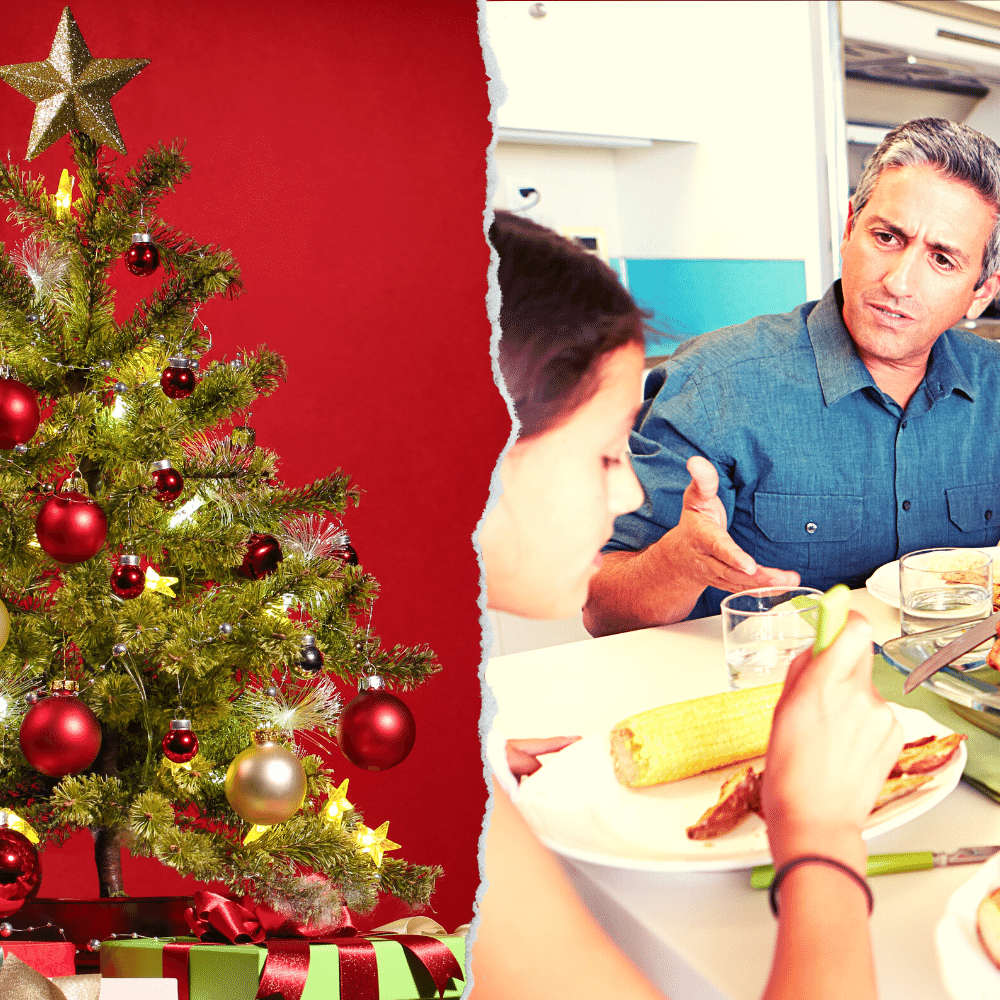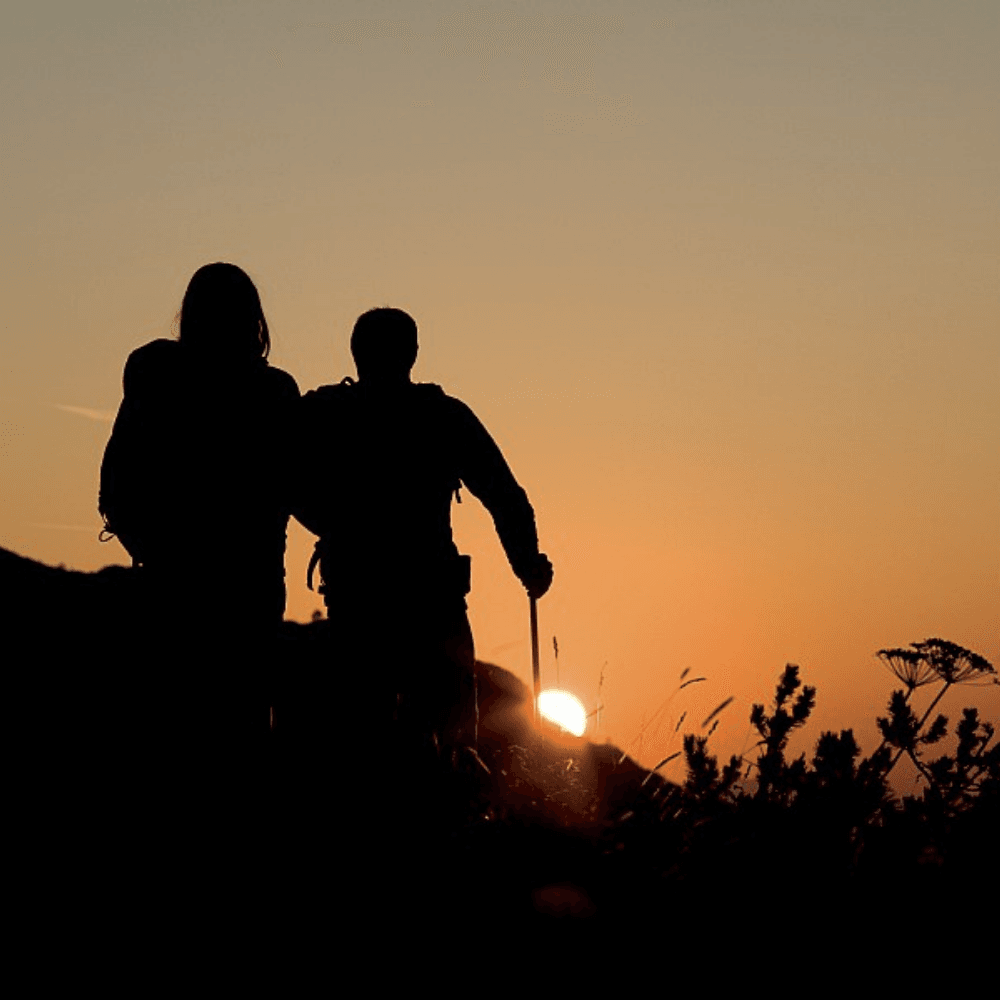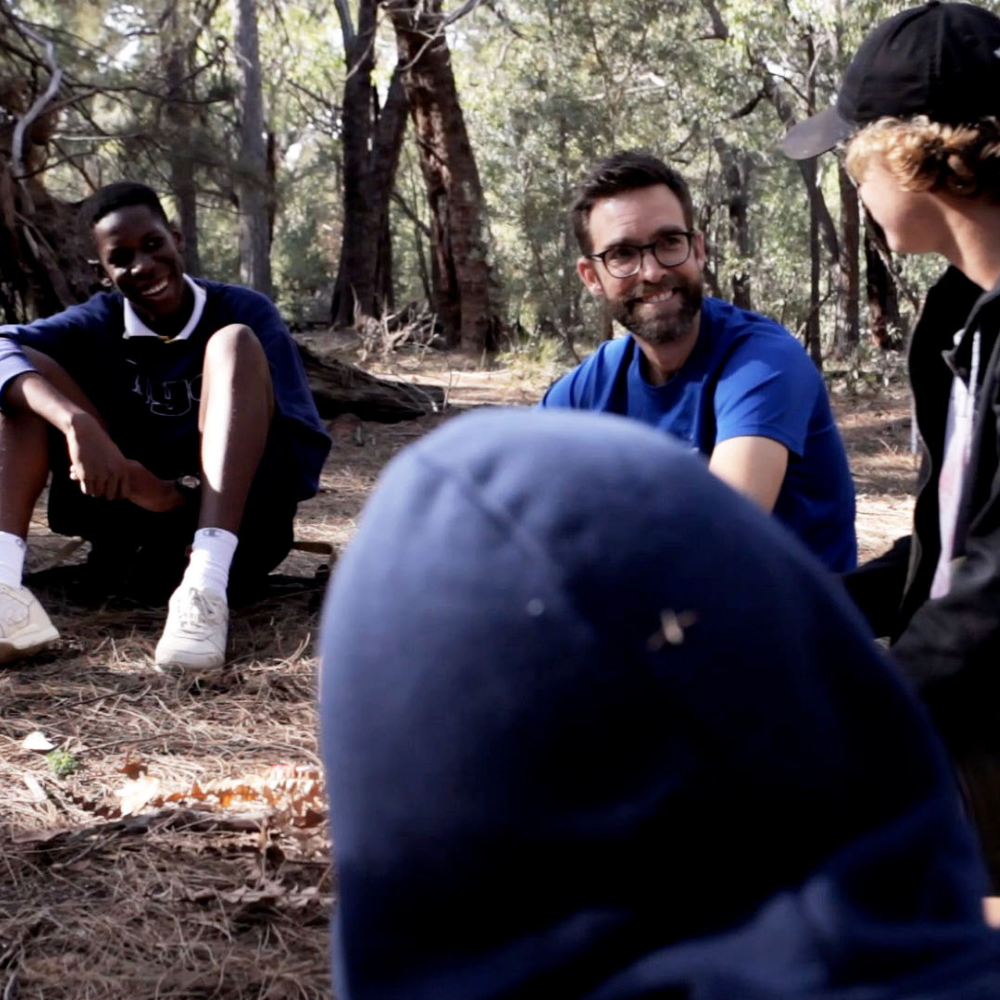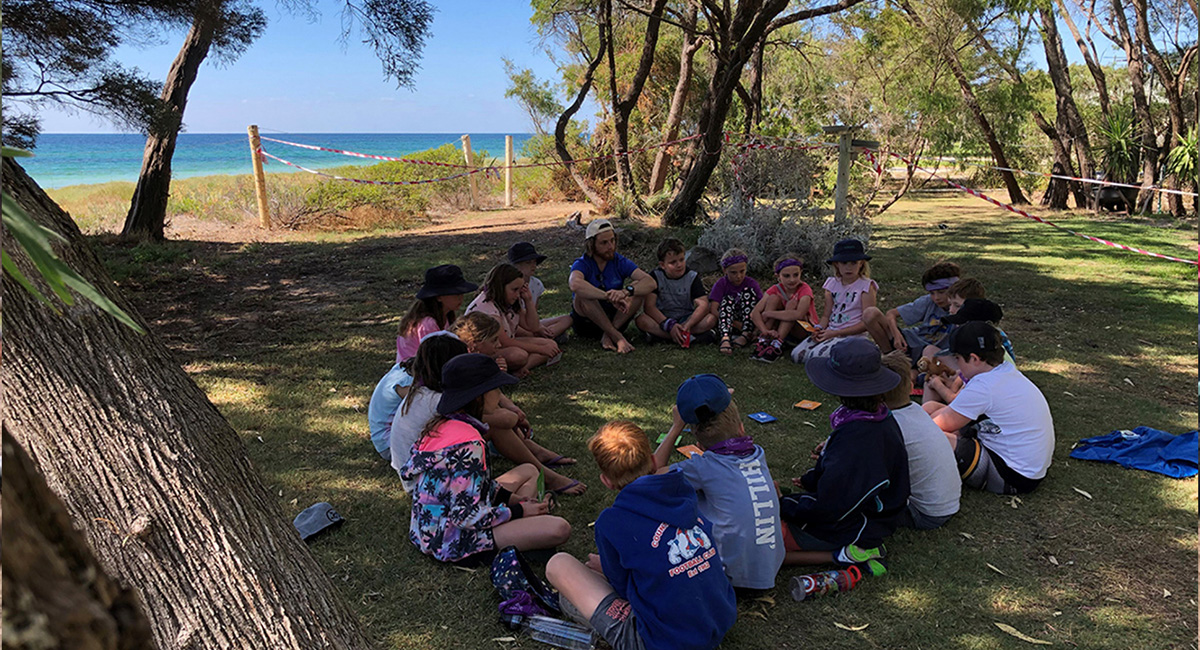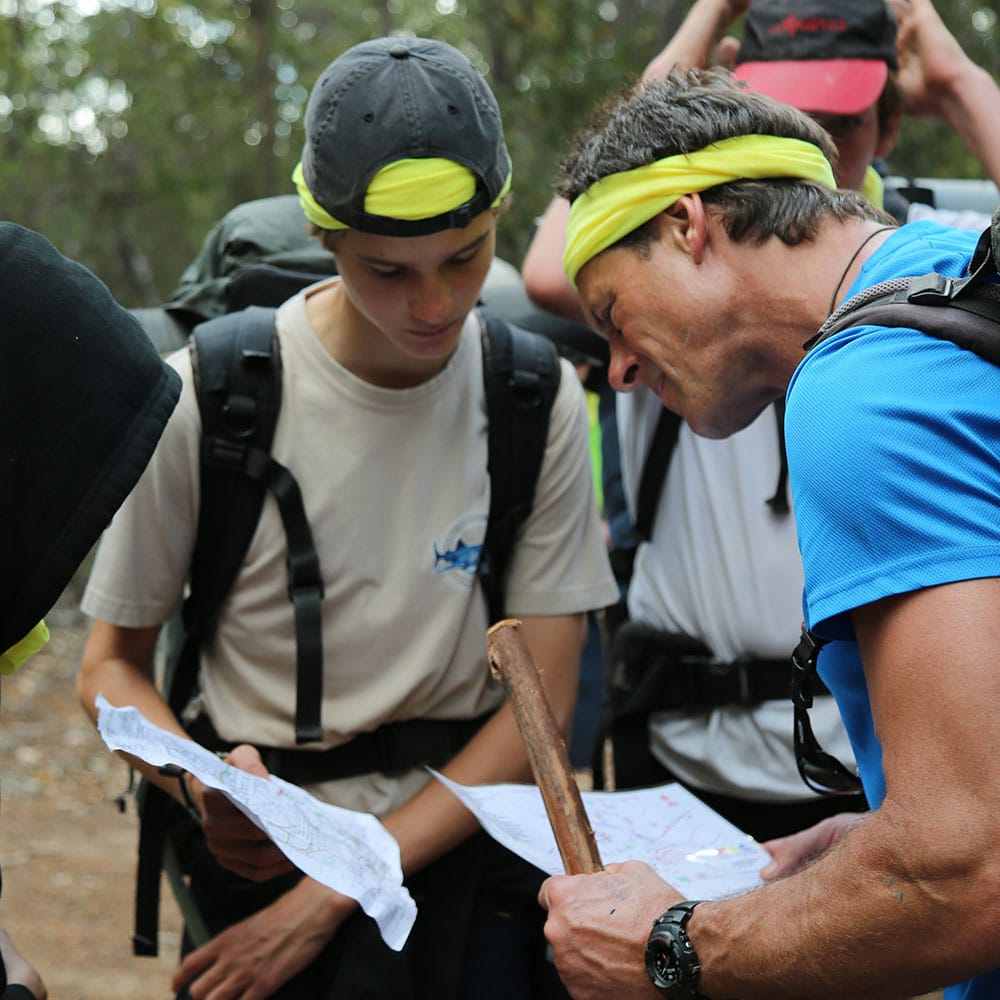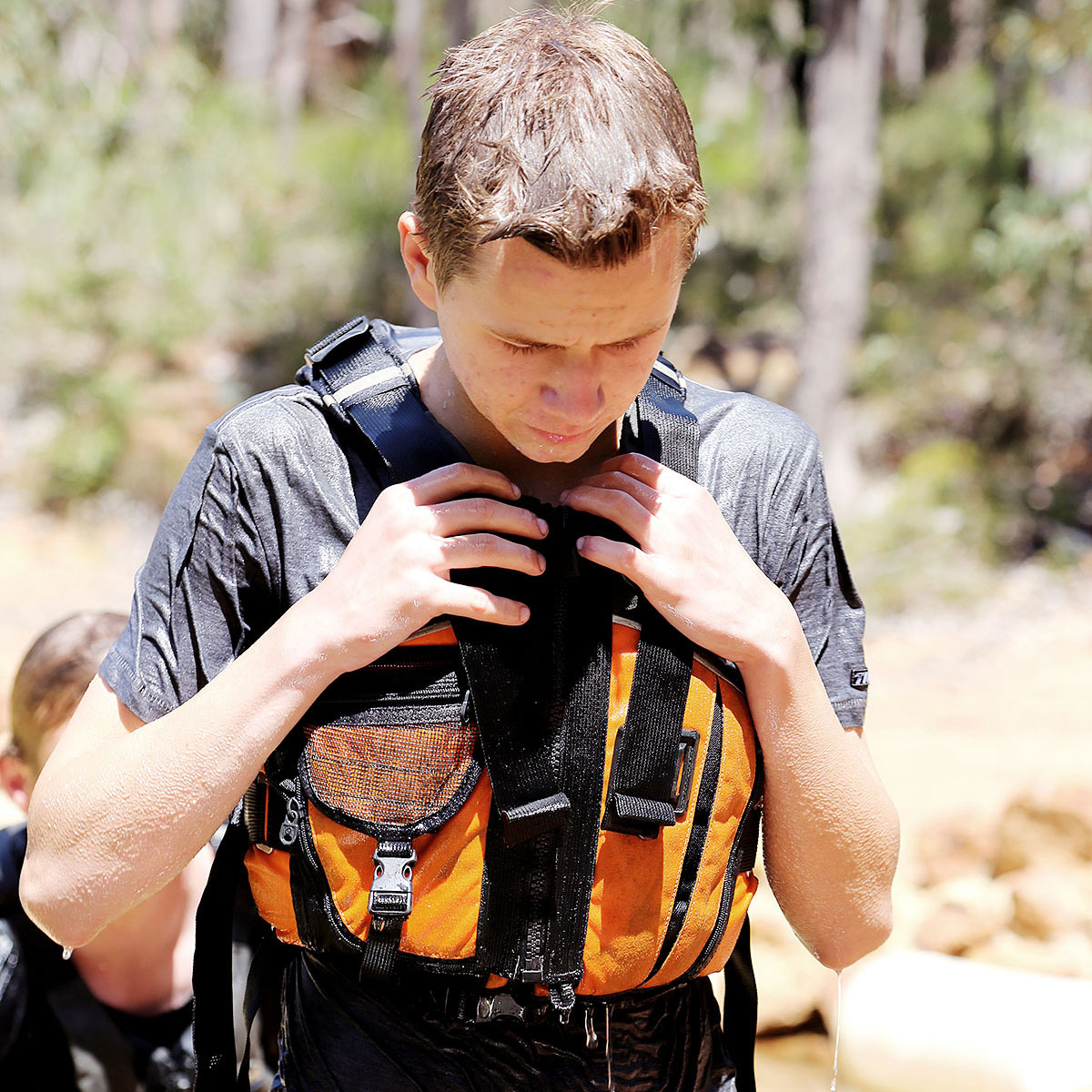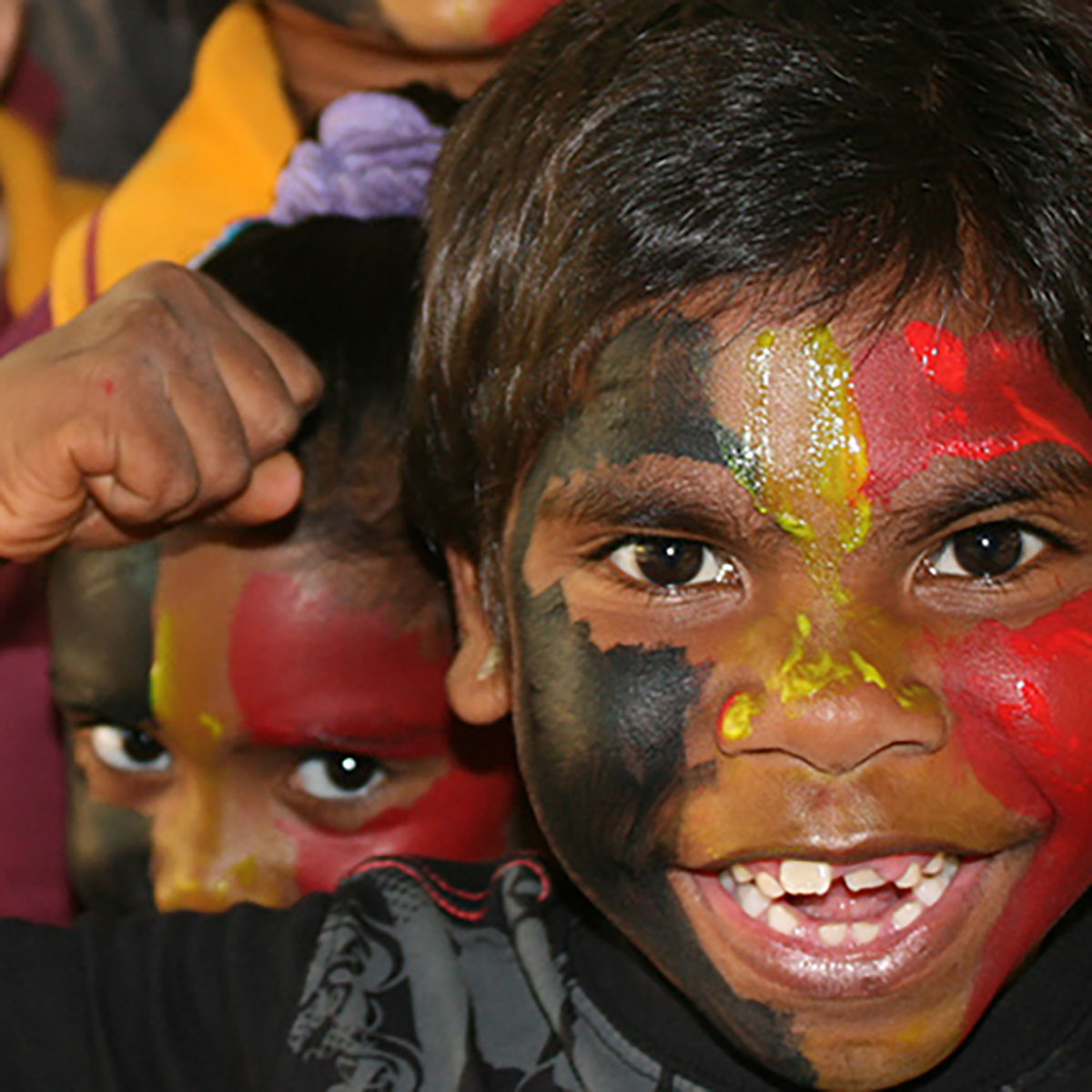What is Social and Emotional Learning?
When you think back to when you were in high school, how confident did you feel standing up against something or someone you disagreed with and risking social isolation, or saying no to engaging in dangerous behaviour with your peers?
If you felt confident in your decision-making skills and sense of leadership at the time, then you likely already had a good grasp of social and emotional learning skills that enabled you to be more resilient and adaptable.
We have created a protected and safe world so many young people today have little exposure to opportunities for social and emotional growth and learning. This can make it difficult to navigate the everyday pressures they can experience as part of friendship groups, personal challenge, or leadership roles in their communities.
So, what exactly is social and emotional learning, and how do we teach these skills to young people?
Social and emotional learning refers to the processes we go through to recognise and understand our emotions and manage them accordingly; understanding and demonstrating the value of showing empathy for others; seeking and establishing positive relationships; and making responsible decisions; and positive goal-setting and successfully working towards them.
There are five core competencies identified in the Collaborative for Academic, Social, and Emotional Learning (CASEL) framework, including self-awareness, self-management, social awareness, relationship skills, and responsible decision making.
In this blog, we explain why social and emotional learning is important for a young person’s development, and provide you with a little more information about the five core competencies that make up a person’s social and emotional wellbeing. At the end, you’ll find a link to download a more in-depth and practical ebook: ‘5 Steps to Understanding Social and Emotional Learning’.
Why teach social and emotional learning skills?
The education system that our learning is embedded within can sometimes feel outdated and irrelevant to our current and future needs. With the development of things like artificial intelligence, and the fast pace at which the world operates these days, it’s difficult to imagine what careers of the future will look like. What do we need to do to prepare students for a future that we cannot imagine?
What we do know is that it is likely young people will enter into a workforce that requires a skill set that can’t be replicated by machines – including high levels of self-awareness and social and emotional competency.
Social and emotional learning skills are vital to help young people transition into adaptable and resilient adults, benefiting both their relationships and levels of personal success. In turn, strong and resilient adults create healthy communities, so not only is it in the individual’s best interests, but the interests of our society as a whole.
Teaching students about social and emotional learning also helps us to reflect on our own behaviours as influencers and role models to young people.
For this reason, and before we start teaching these skills, it’s important to look within ourselves to become aware of our own thoughts, behaviours, and actions that we are modelling to our students.
Five social and emotional learning skills to teach students
As we mentioned earlier, there are five core competencies to practice, model, and teach young people to develop their social and emotional learning.
Self-awareness
Self-awareness is key to being aware of our thought processes and emotions. It also includes having an understanding of how our personal values influence our motivation and behaviour.
Self-management
Challenging situations are inevitable in life and self-management is the beginning of self-leadership. The ability to control our emotions and behaviours during stressful or difficult times is part of good self-management skills. Similarly, self-management is also the ability to delay gratification and control impulses. We need a good level of self-management, among other skills, before we can lead or influence others.
Social awareness
Empathy and compassion are two important components of social awareness, that help us to understand the value of diversity and the perspectives of others. This is particularly important when learning to appreciate that our communities are made up of people from all different backgrounds and experiences. It’s easy to surround ourselves with people like us, but it is important to be open to the thoughts and experiences of others, to truly understand the value diversity brings to our communities.
Relationship skills
Meaningful relationships and effective rapport-building skills are hallmarks of good relationship skills. Successful relationship skills are developed through communicating clearly, actively listening, and successfully problem-solving and collaborating with others.
Responsible decision-making
Across all types of situations and interactions, we require the ability to make responsible decisions that exhibit caring and constructive behaviours or thoughts. This ability and choice is what we refer to as responsible decision-making. This is particularly important when working with adolescents who are transitioning into adulthood – at this time of life they are very influenced by their peers, hardwired to push boundaries, are more likely to be taking risks and potentially making poor decisions.
How to teach social and emotional learning
Creating space and opportunities to help young people grow to become resilient, caring, and responsible adults is at the core of what we do at AdventureWorks. This also involves supporting the adult role models that support our young people.
5 Easy Steps to Understanding Social and Emotional Learning is a free resource we designed to provide you with the tools and information on how to teach social and emotional learning with your students.
And if you’re also looking for guidance on how to reflect on your own behaviours as an influence on young people, we’ve even included info on how to be a better role model.
Download your free copy of the 5 Easy Steps to Understanding Social and Emotional Learning eBook here.
Parent-Teen Conflict Resolution at Christmas
Christmas can be a uniquely challenging time of year for parents and teens. It only comes around once, so the occasion is loaded with cultural meaning, heightened expectations and emotional turbulence. The good news is that with a little forethought and planning, you can include your teens in the process of reshaping the significance of Christmas, avoid potential conflict, and strengthen your relationship.
What Do Rite of Passage Journeys Look Like?
Young people from all over the world participate in rite of passage journeys to mark their transition into adulthood. Learn more about how rite of passage journeys are celebrated in different cultures, and what a rite of passage journey looks like.
What is Social and Emotional Learning?
Social and emotional learning is an important part of a young person’s personal growth and development. Read more about what social and emotional learning looks like and how to teach it.
Get In Touch
Please leave your contact information and our team will get back to you within 1 business day!
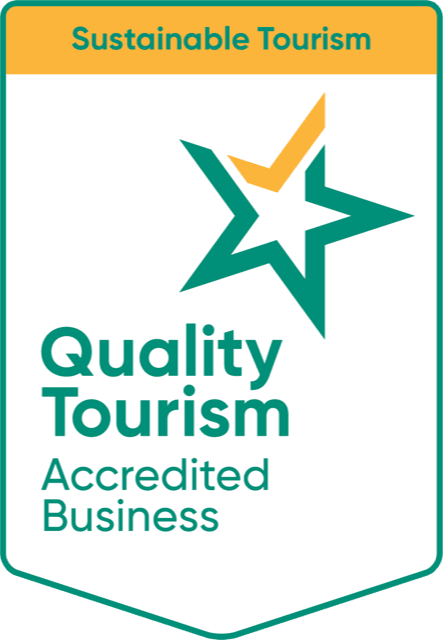

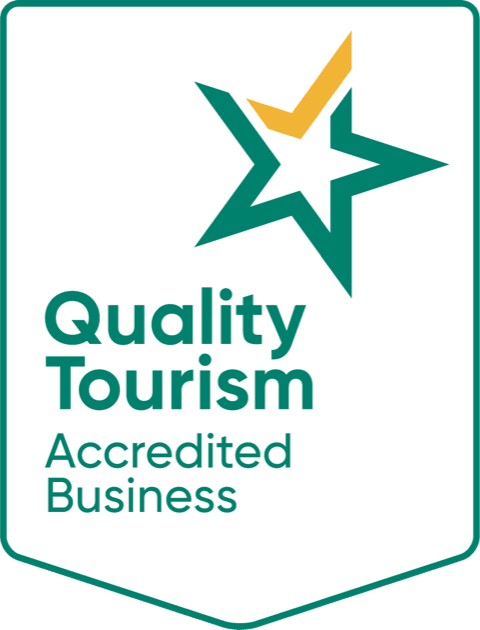
AdventureWorks and its team would like to acknowledge the Traditional Custodians of the land on which we work and live and recognise their continuing connection to land, water and community. We pay respect to Elders past, present and emerging. AdventureWorks further pledge our commitment to increasing understanding and connection to Aboriginal Australians through the work we do with young Australians and as individuals.
AdventureWorks WA
90a Commonage Road
DUNSBOROUGH WA 6281
+61 8 9796 1000

